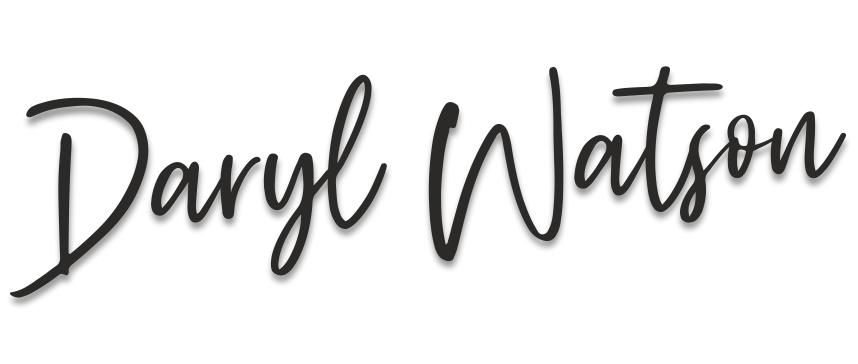How are you being finely-tuned?
Are you being 𝐟𝐢𝐧𝐞𝐥𝐲-𝐭𝐮𝐧𝐞𝐝 ?
Over the last 2 days, I have spent nearly 8 hours each day on a brand new managing your team virtual learning programme. It has been a stretching experience, long hours, a few headaches and a little bit of pressure thrown in for good measure too. All that said it has been extremely insightful too.
Yesterday, as each of the virtual facilitators took it in turn to deliver a 75 minute section, we carefully listened and participated throughout the learning session. As each facilitator concluded their delivery, one by one, we took it in turns to provide feedback. It was a great experience to receive an in the moment peer review. I came away feeling as if I was being 𝐟𝐢𝐧𝐞𝐥𝐲-𝐭𝐮𝐧𝐞𝐝 !
To fine-tune means: “to make small adjustments to (something) in order to achieve the best or a desired performance”
At the conclusion of the day, each of us thanked our virtual trainer for her guidance and assistance throughout. I came away feeling more prepared, more confident, more assured and primed ready to step up into action!
How are you preparing for your forthcoming assignments and how are you being 𝐟𝐢𝐧𝐞𝐥𝐲-𝐭𝐮𝐧𝐞𝐝?

 Some professionals like doctors, lawyers and journalists are taught how to ask great questions as part of their training. In my own professional career through sales and coaching, I have found it equally important to be able to formulate and ask the right question. Questions aid performance, close sales, help provide inspiration and direction, they even help to build trust and rapport. It is a useful skill to be able to ask great questions.
Some professionals like doctors, lawyers and journalists are taught how to ask great questions as part of their training. In my own professional career through sales and coaching, I have found it equally important to be able to formulate and ask the right question. Questions aid performance, close sales, help provide inspiration and direction, they even help to build trust and rapport. It is a useful skill to be able to ask great questions.